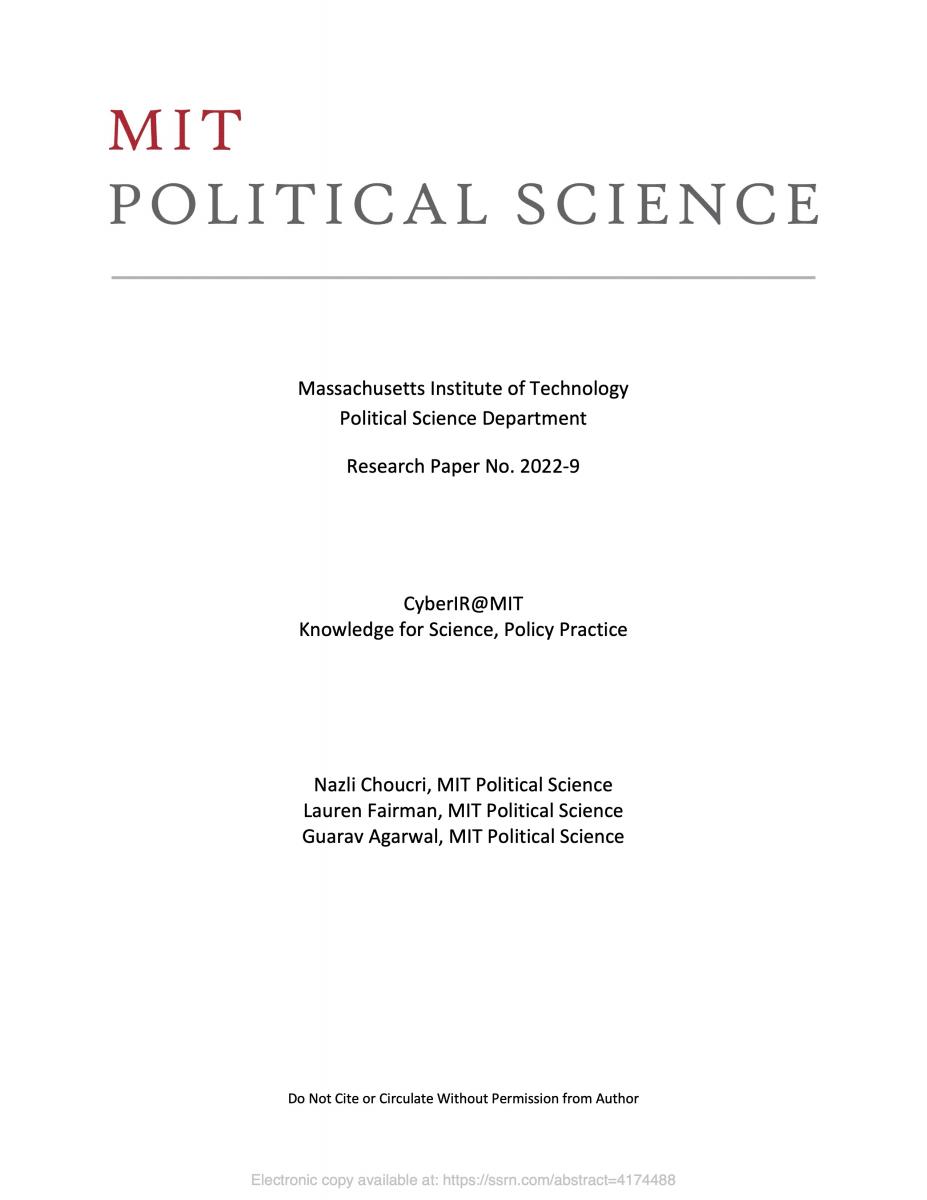URL:
Abstract:
In May 2020, the U.S. president introduced an executive order to reduce cybersecurity risks in the nation’s bulk-power system due to foreign-sourced components with the potential to be compromised. Although the executive branch has paid attention to the issue of grid cybersecurity for some years, this order represents an escalation of U.S. efforts in this realm because it allows foreign suppliers to actually be banned. The degree to which Chinese firms are the source of parts needed in the U.S. power grid is an important component of the rationale likely behind this decision. Indeed, about ten percent of large power transformers in the U.S. grid are exports from China, which is a critical portion, making “decoupling” the entangled supply chain in this industry a more involved task. Mechanisms of enabling cyberattacks include the insertion of backdoors into hardware or software components, which could allow the foriegn government to collect data that could be used to prepare for an attack on the grid, which is an act with potentially very severe consequences.
Beyond Chinese suppliers, however, it is also important to consider the risks that may arise from domestically-produced components. Although not under the purview of a foreign and potentially hostile government, “technically sloppy bulk-power and energy grid components” from these domestic suppliers are also a potential vector of attack. Another consideration is the fact that many nominally trustworthy foreign manufacturers, like the Swiss ABB Group, have established factories in China, and it is unclear whether the Chinese government is then allowed to involve itself in their manufacturing processes. Trump’s executive order establishes a Task Force on Federal Energy Infrastructure Procurement Policies Related to National Security, and in order to effectively monitor risk in this regime, this task force should consider developing “objective criteria for establishing trust in bulk-power system components.” The task force should also consider the option of partial, more tailorable bans on suppliers in addition to the total bans allowed by the executive order, among other ideas.
Year:
2020
Domain:
Dimension:
Region:
Country:
United States



